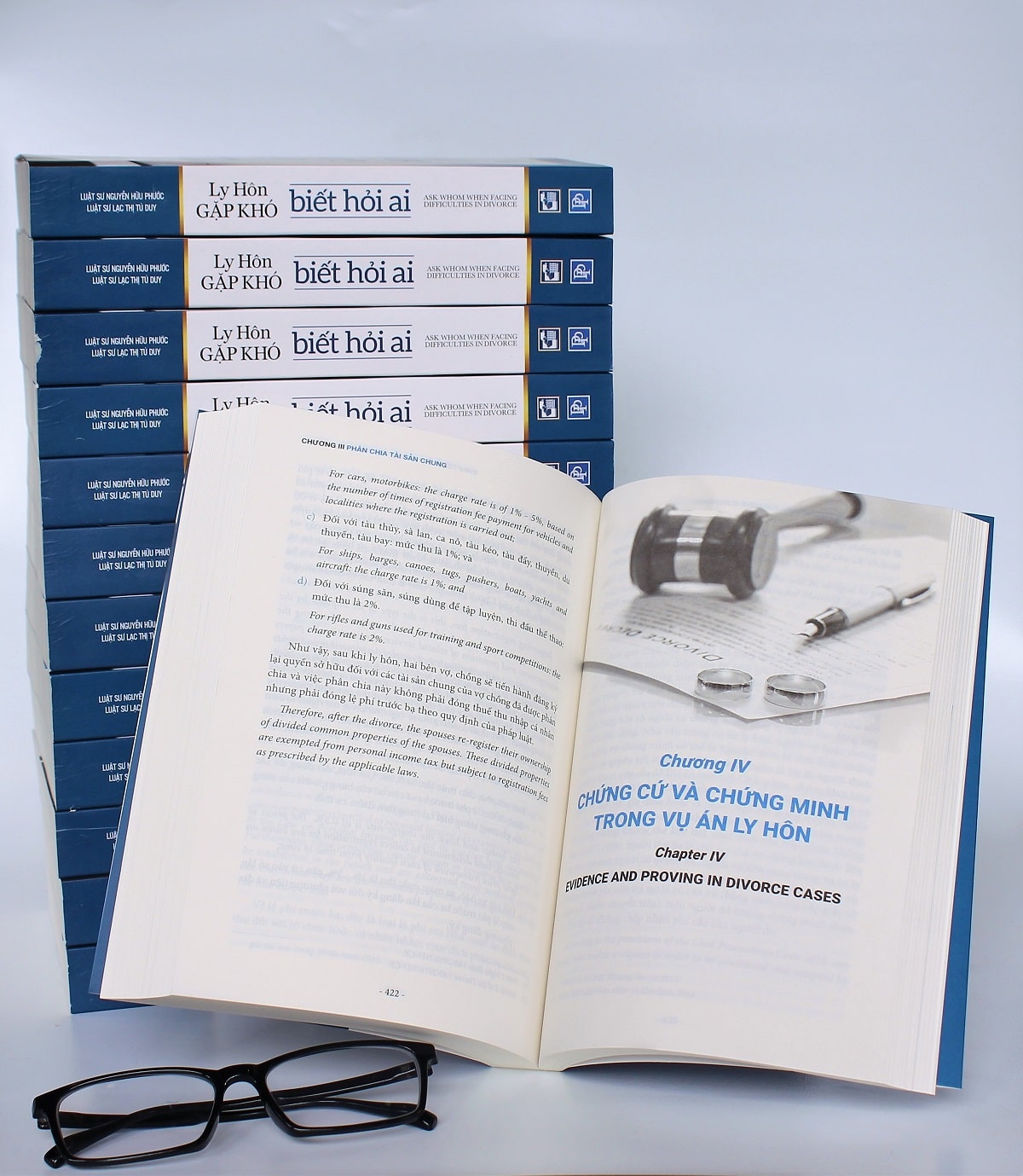Examination means the study of things, health status, physical characteristics and so on, undertaken by an individual (or an organisation) with the knowledge and professional competence at the request of the Court or the spouses. The expenses of examination are the amount of money due for the examination to be undertaken by an individual(s) or an organisation(s).
In a divorce case, regarding the expenses of expertise, the obligations of spouses include, but are not limited to, the obligation to make payment for a deposit for the expenses of expertise and the obligation to bear the expenses of expertise[2]. In cases where the spouses have not agreed upon the obligation to the expertise, the grounds for determination of a payment obligation are based on each specific case set forth below:
As regards the obligation to pay a deposit for the expenses of expertise [4]
Case 01: In a case where both the spouses are seeking opinion of an expert on the same object, each spouse shall pay half of the deposit for the expenses of expertise.
Case 02: Where the Court deems it necessary to solicit opinion of an expert for the settlement of the case, the plaintiff (the person petitioning the Court to resolve the civil case), or the person who lodges an appeal in accordance with the appellate proceedings shall pay such a deposit for expenses of expertise; and
Case 03: If the Court refuses the examination and that any of the spouses consequently requests an organisation or individual to conduct an expertise, she or he shall pay for such a deposit for expenses of expertise[6].
As regards the obligation to bear the expenses of expertise[8]
The case 01: The person who requests the Court to solicit opinion of an expert shall bear the expenses of expertise if the result substantiates that the request of such person was groundless. If the results of expertise substantiate that the request of such a person is partially grounded, such person must pay expenses of expertise for the part of the request which has been substantiated as groundless.
The case 02: The spousewho refuses the request for an expertise, that the other spouse requests, shall pay the expenses of expertise if the result substantiates that the other spouse’s request is well-grounded. If such expertise is only partially grounded, the spouse refusing the request shall pay the expenses of expertise in accordance with the part of the request which has been substantiated as well-grounded.
The case 03: In cases where the Court refuses to solicit
the expertise, the spouses are freely to request an organisation
or an
individual to conduct
the expertise. If the results of expertise show that the
request is well-grounded, the losing spouse shall bear the expenses of expertise.
If the result of expertise substantiates that the request for expertise is
partially grounded, the requesting spouse shall bear the remaining expenses of expertise
being groundless.
[2] Article 159.2 of the Civil Proceedings Code 2015.
[4] Article 160 of the Civil Proceedings Code 2015.
[6] Article 32 of the Ordinance No. 02/2012/UBTVQH13.
[8] Article 161 of the Civil Proceedings Code 2015.
If you would like more information on how we can assist you with divorce issues, please contact us at: +84 (28) 36223522 or email us at info@phuoc-partner.com

